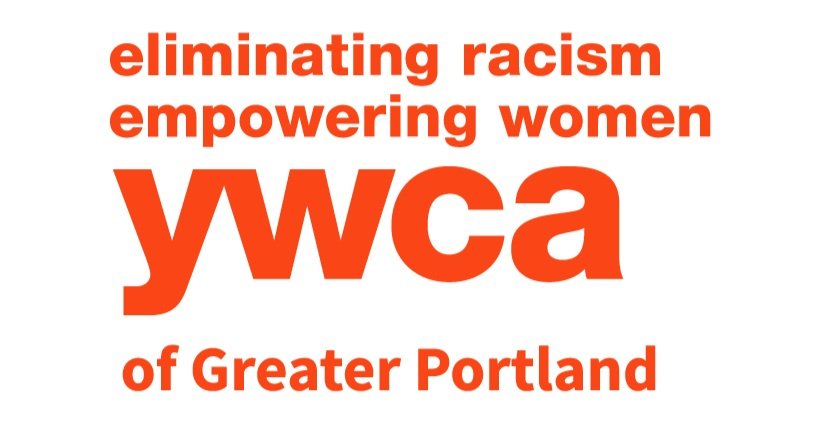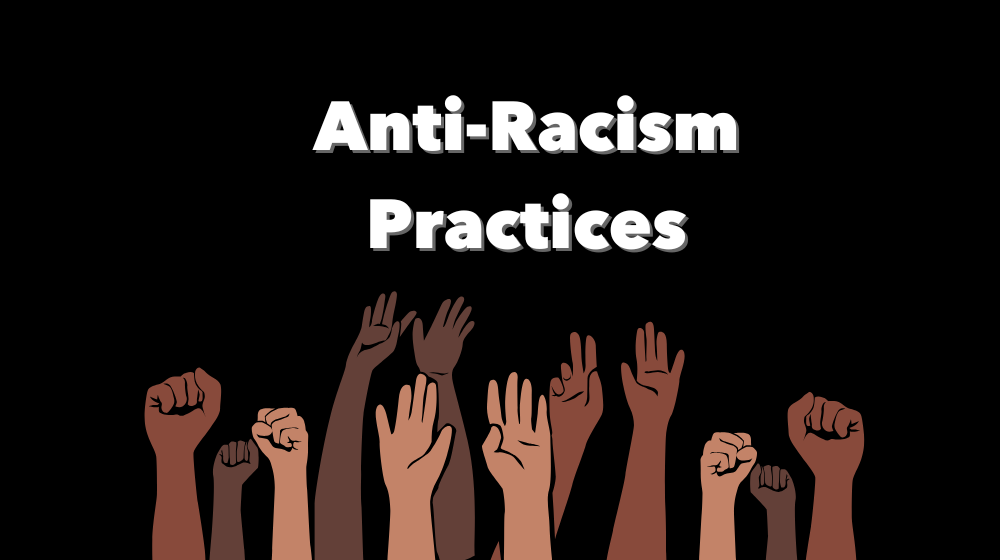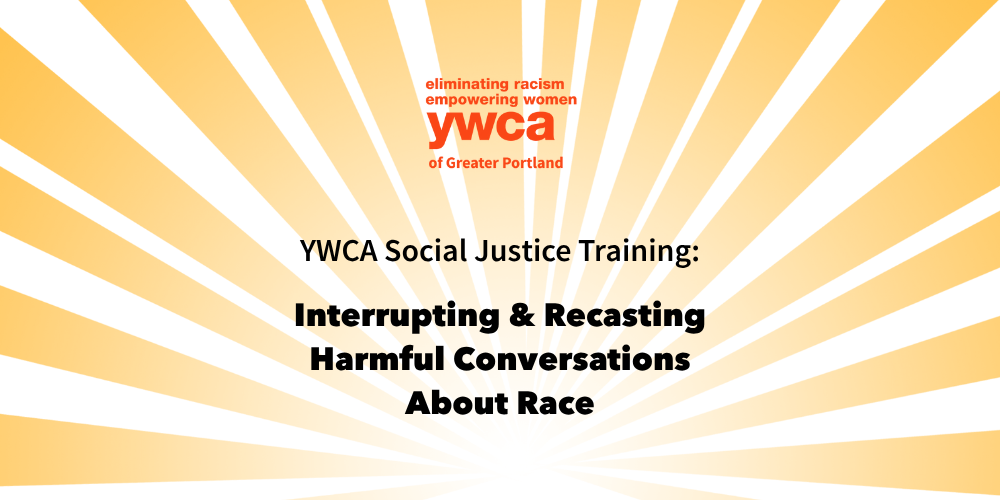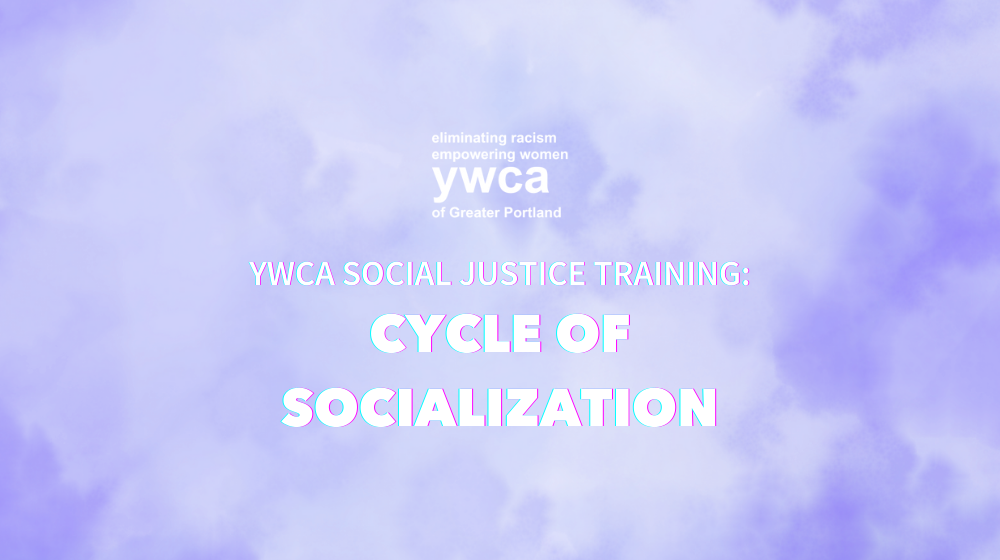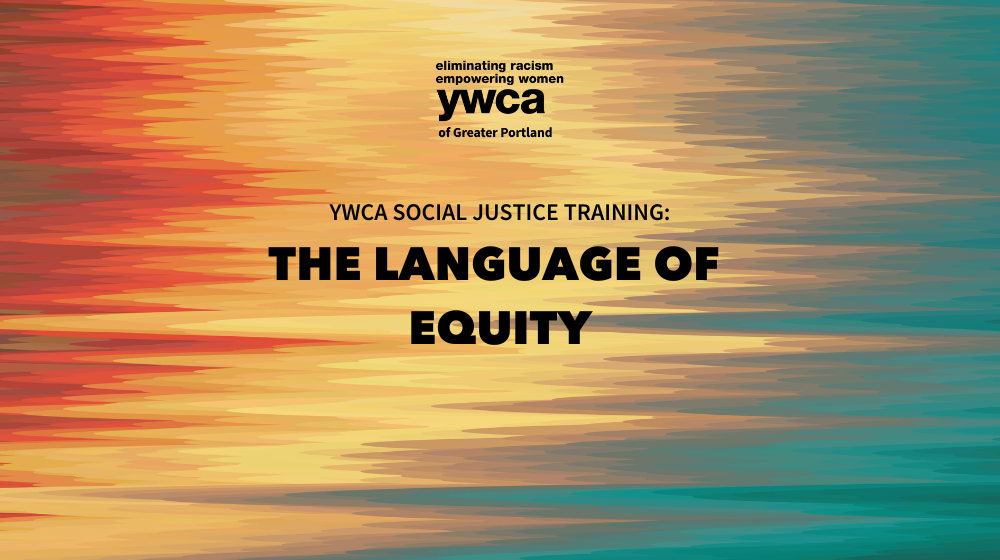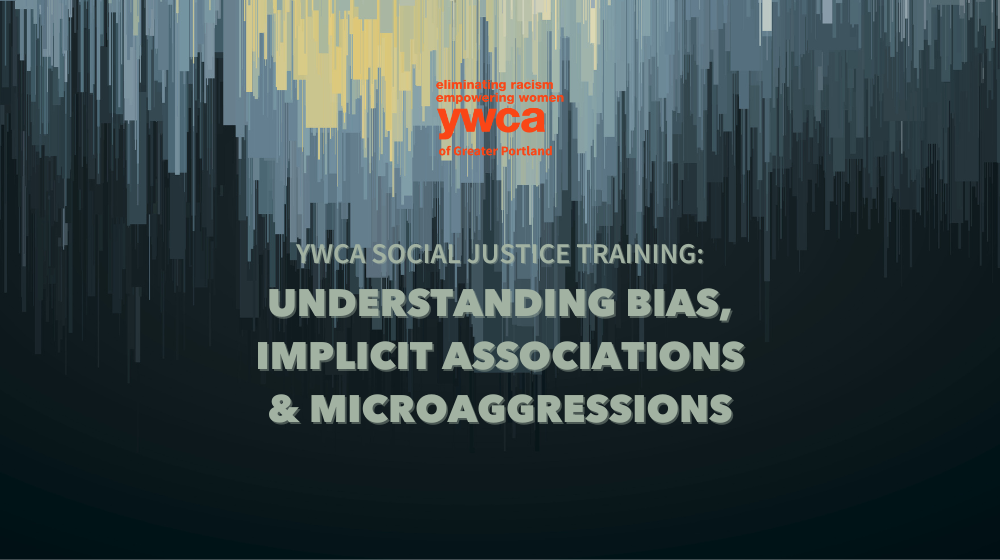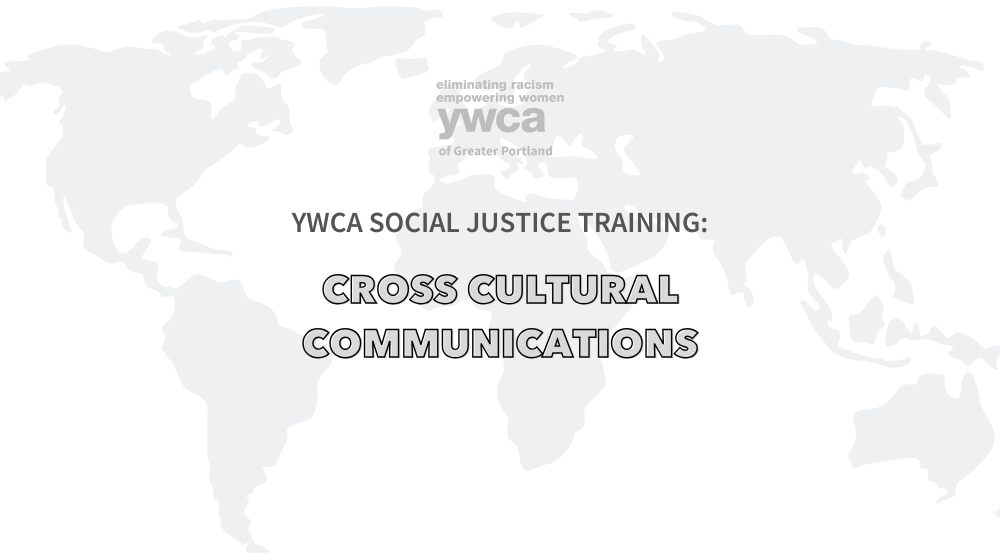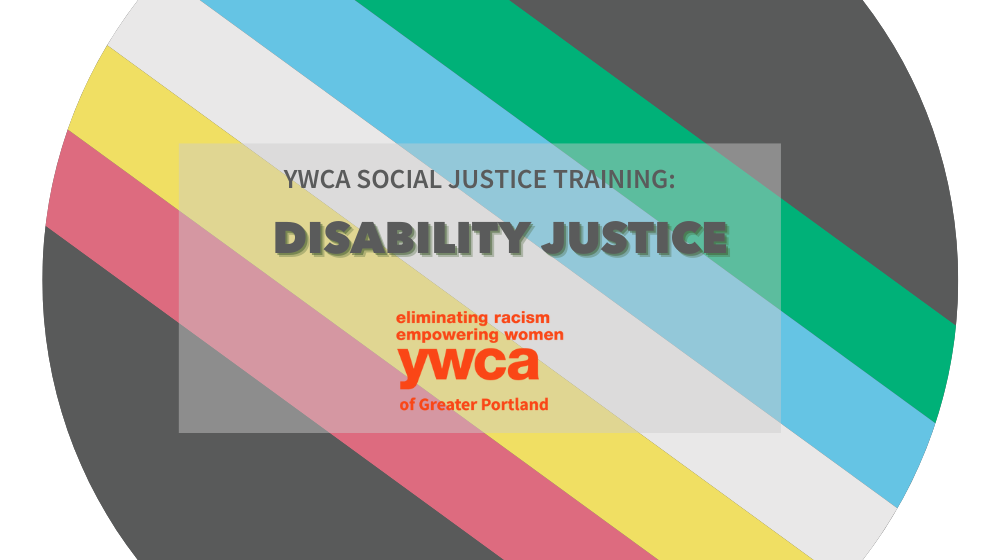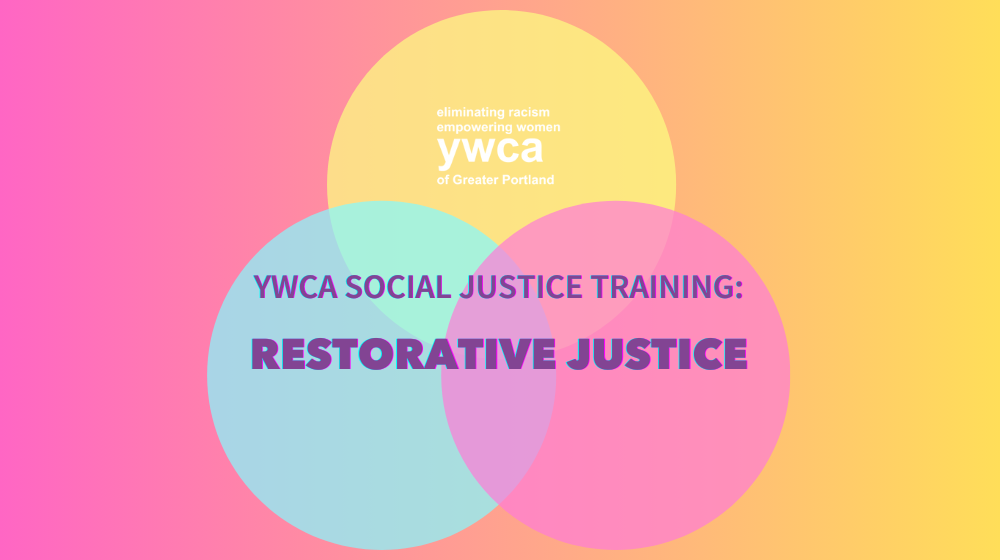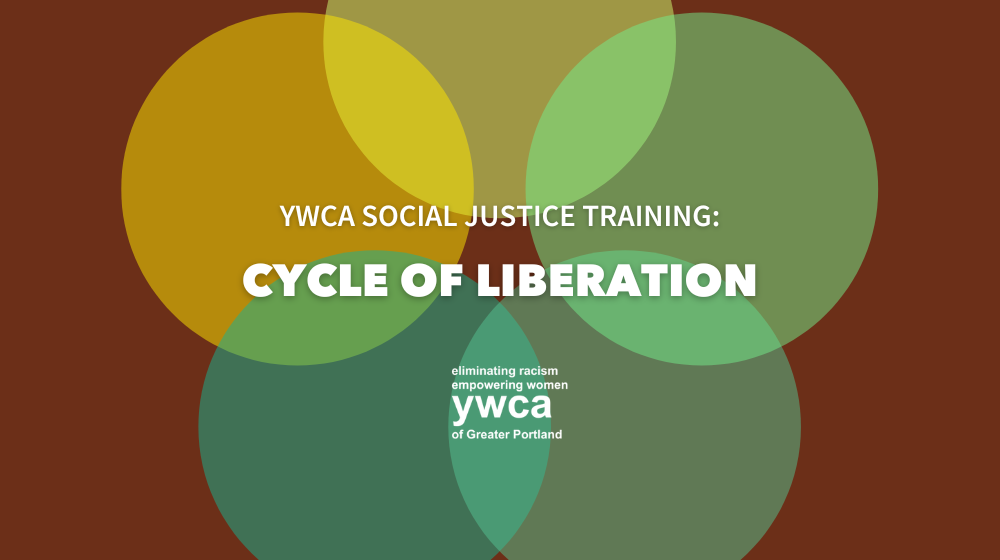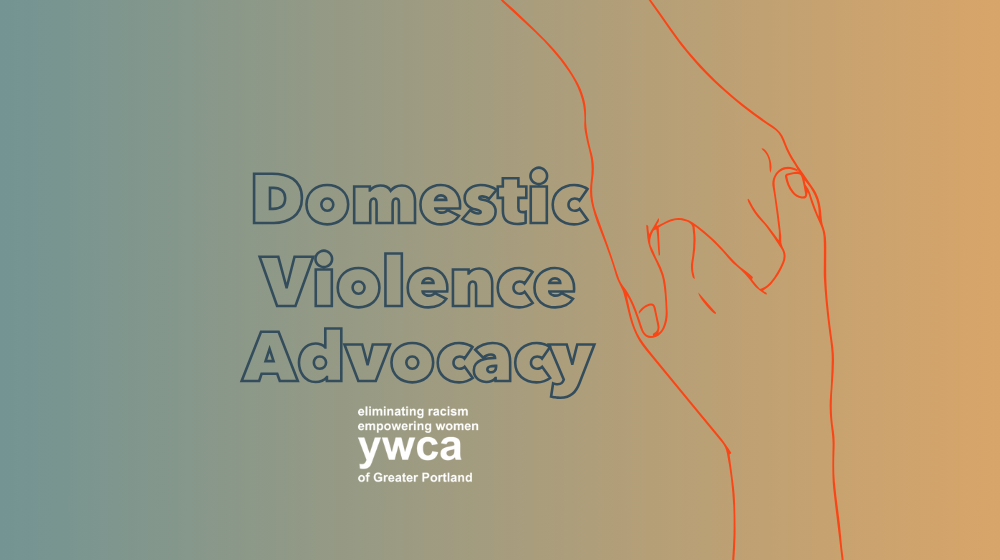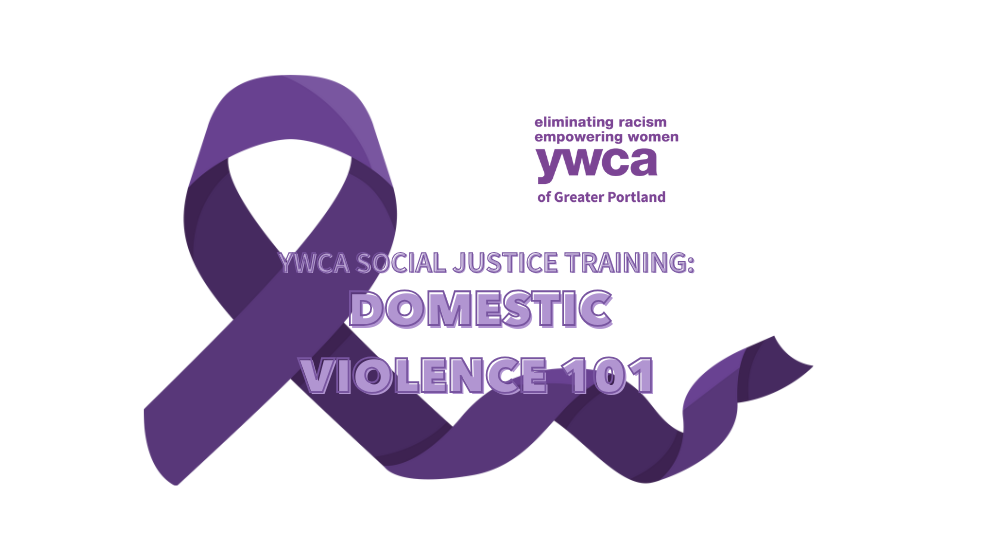YWCA Events
Register below!
Presented Online via Zoom
Whether this is your first social justice workshop or you are at the advanced level, we encourage participants at all learning levels.
After completing the certification, you will take this knowledge outside of the workshop space, commit to being an lifelong social justice learner and engage what you’ve learned to better your community.
Facilitated by Meleani Bates Online via Zoom
Developing critical consciousness about race and oppression requires us to first understand our own racialized identities. This workshop aims to support ongoing exploration of our positionality, strengthen our ability to read racially stressful encounters, and recast/reframe situations using skillful interruption strategies that preserve our collective humanity.
The Cycle of Socialization helps us to understand the ways in which we are all socialized to help maintain oppressive systems and human hierarchies.
Facilitated by Ruby Joy White Online via Zoom
Language is ever changing and manifests our world view. When we have access to language, we are better able to understand and articulate community needs. It is important for our growth that we be mindful of the language we use, as it cultivates our patterns and determines our routes to liberation. In our ever-changing, technologically-advanced modern world, we have more access to shared language than ever before. And, in the world of equity work, fluidity and understanding of terms and definitions is necessary as we work collectively to dismantle antiquated, oppressive systems that have for too long been barriers for marginalized communities.
Facilitated by Isét Estela Online via Zoom
In this workshop, participants will gain a deeper understanding of how bias in both its explicit and implicit form informs implicit associations and can lead to microaggressions. Participants will explore the different types of microaggressions and gain tools that can help them identify and interrupt microaggressive moments and behaviors.
Facilitated by Ruby Joy White Online via Zoom
This workshop aims to dissect functions of anti-Blackness by providing nuance, reflection, and tools to guide participants in recognizing their own anti-Black biases, an ability to recognize anti-Black practices and policies at a macro level, and to encourage the dismantling of anti-Black practices at all facets of social existence.
Facilitated by Ruby Joy White Online via Zoom
In this workshop, we will break down the nuances with language & cultural norms to examine how they fit into institutional expectations. We’ll spend time discussing how power moves in and out of spaces shaping the ways in which we engage with one another. For us to discuss several facets within sociocultural groups, we must dissect how our organizations and structures contain a US-centric lens. We will look at how white supremacy shows up within the US versus other countries. By identifying ways in which we can dismantle US culture taking dominance within our institutions, we can start to build a foundation that supports multi-cultural, multi-lingual sociocultural identities..
Presented by Ruby Joy White Online via Zoom
The Disability Justice workshop aims to center the social and colonial context surrounding the experiences of people with disabilities. Participants will learn about the historical and cultural contexts that have shaped the way people with disabilities are perceived and treated in society, across all facets. The workshop will also cover topics such as accessibility, inclusion, and the rights of people with disabilities. By attending this workshop, participants will gain a roots-centered understanding of disability justice issues and how they can work to deconstruct supremacist values and actions that perpetuate harm onto people with disabilities.
Facilitated by Ruby Joy White Online via Zoom
In this interactive workshop, we will explore the principles and practices of restorative justice as an approach to conflict resolution that focuses on repairing harm, building relationships, and restoring community. Through a variety of activities, including breakout discussions and reflection activities, participants will gain a deeper understanding of how restorative justice can be used to address a wide range of issues, from relationship and communication ruptures, to addressing community violence.
Facilitated by Meleani Bates Online via Zoom
The Cycle of Liberation illustrates how we can identify our own impacts toward equity, healing and liberation, to actively interrupt our participation in the cycle of socialization. Liberation can be described as critical transformations that empower us to analyze how systemic and dominant assumptions, structures, prescriptive rules, and roles are inherently flawed and violent. In this session we will explore our own socialization. Each session is 2 hours. The Cycle of Socialization offering is a prerequisite to the Cycle of Liberation workshop.
Presented Online via Zoom
YWCA offers the 40-Hour Domestic Violence Advocacy Training to community members who are looking to become domestic violence advocates. Each certification is for 40 hours of training in advocacy for Survivors of domestic violence, sexual assault. This training ensures that the needs of domestic violence Survivors have been met and served through a trauma informed, culturally responsive lens.
Presented by Debbie Elias Online via Zoom
This workshop is geared towards individuals and organizations that see the need to take a bold move to improve the way they provide an environment of equity and inclusivity in the workplace.
Presented Online via Zoom
Whether this is your first social justice workshop or you are at the advanced level, we encourage participants at all learning levels.
After completing the certification, you will take this knowledge outside of the workshop space, commit to being an lifelong social justice learner and engage what you’ve learned to better your community.
Facilitated by Meleani Bates Online via Zoom
Developing critical consciousness about race and oppression requires us to first understand our own racialized identities. This workshop aims to support ongoing exploration of our positionality, strengthen our ability to read racially stressful encounters, and recast/reframe situations using skillful interruption strategies that preserve our collective humanity.
The Cycle of Socialization helps us to understand the ways in which we are all socialized to help maintain oppressive systems and human hierarchies.
Presented Online via Zoom
YWCA offers the 40-Hour Domestic Violence Advocacy Training to community members who are looking to become domestic violence advocates. Each certification is for 40 hours of training in advocacy for Survivors of domestic violence, sexual assault. This training ensures that the needs of domestic violence Survivors have been met and served through a trauma informed, culturally responsive lens.
